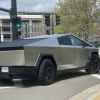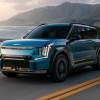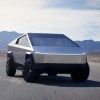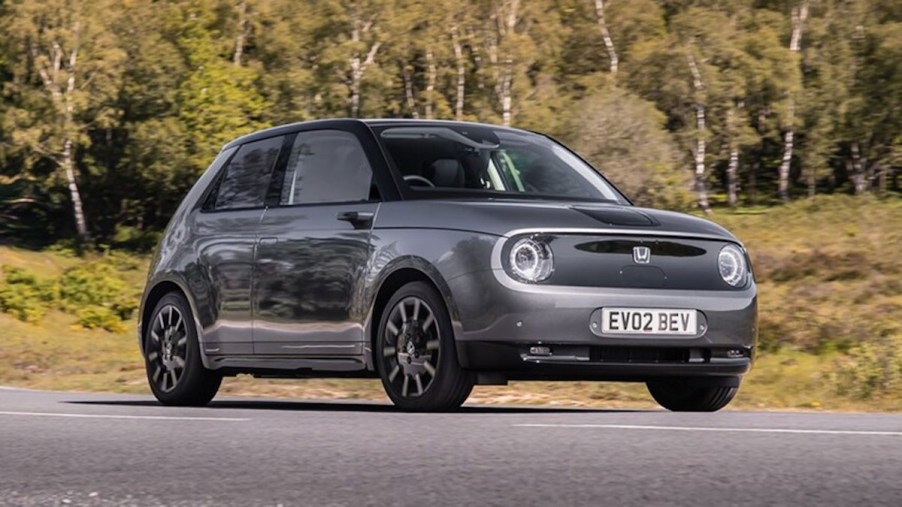
Honda Announces Plans to Kill Diesel/Gas-Powered Cars
Honda is the next major manufacturer to announce that it plans to kill its production of diesel/gas-powered cars. GM recently announced similar plans along with Mercedes, Volvo, and others. The only real difference between all these companies’ plans to move to full-time EV production is the timeline.
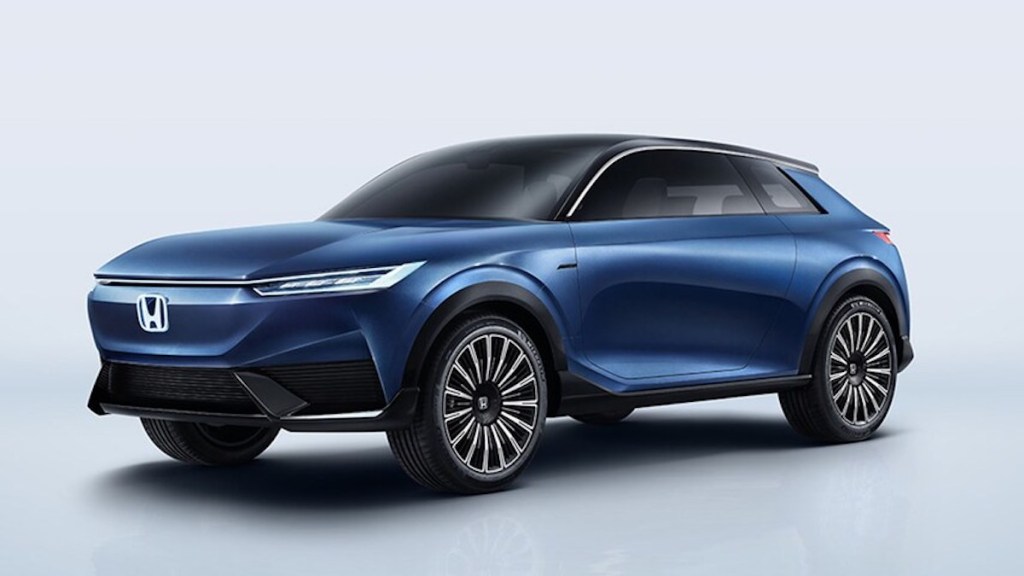
Honda says it’s going full EV by 2040
Honda is going full-blown battery-powered electric vehicles by 2040. Granted, that feels a good way away, but unlike many of the other companies’ announcements, this feels a bit more honest or at least practical.
MotorTrend points out that although Honda doesn’t have a single EV in its North American lineup, that will likely start to change if they want to kill diesel/gas-powered cars. To hit the goal of only making battery-powered EVs and fuel-cell electrics, we suspect to see more coming our way in the coming years.
Of course, the more automotive manufacturers follow this trend, the better off our planet will be. This is an inarguable fact. However, many of us might feel the heart racing to realize our time is limited with the greatness of the Honda engine, but it’s still on the far horizon.
What is Honda’s plan, exactly?
According to MotorTrend, Honda is teaming up with GM to make two larger battery-powered vehicles, using the Ultium battery tech. These two large EVs are set to launch in 2024, one for Honda and one for Acura.
But that’s not all; Honda is also developing an entirely new EV platform called the e:Architecture. This all-new platform should spit out a pile of new Honda EV models for the second half of the decade.
These will debut in America and subsequently disperse into the rest of the world. A large part of this EV initiative is focused on research and development of solid-state batteries and electric Honda motorcycles.
Honda isn’t just looking into EVs; it also makes big strides toward alternative fuels, Hydrogen, in particular. These hydrogen fuel-cell vehicles aren’t only going to be for consumer vehicles but also commercial vehicles and generators.
Does Honda make safe cars?
The ending of its gas-powered cars isn’t all there is to this massive Honda shift. Honda is also working toward having zero crash fatalities by 2050.
Honda wants its vehicles to be so safe that not a single person dies in an accident by this set date. This zero fatalities goal also includes Motorcycles. Needless to say, that is a lofty goal, indeed – admirable, but lofty.
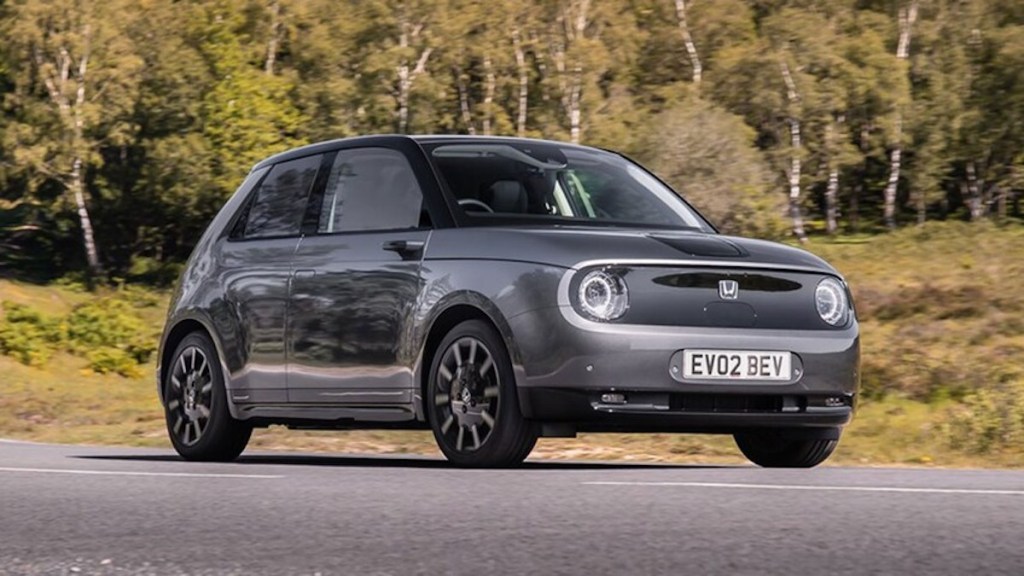
One step in this part of the process is the new Honda driver-assist tech which Honda describes as an “omnidirectional advanced driver-assistance system (ADAS).” This new system will likely be in cars by 2030.
Although this is quite the undertaking, Honda isn’t new to innovation. Honda was pioneering EV tech in the ‘90s with the EV Plus, which used NiMH batteries. Honda also fitted it with a company-designed fuel cell stack to create the hydrogen-powered FCX, according to MotorTrend.
The epoch of the gas engine is coming to an end
The next 10 years will be one of the most significant in the history of the automobile. As more companies make these declarations about emissions neutrality, the closer we get to only hearing the space-age *zip* of electric cars instead of the whir of gasoline-powered engines. The times they are a-changin’ – reckon we better change along with them.
